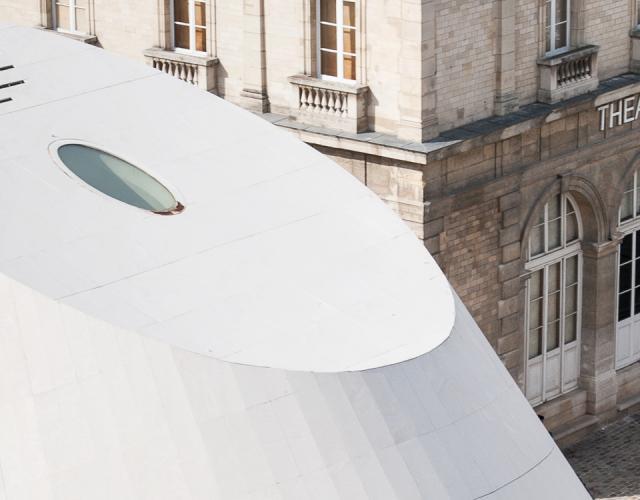
Engineering - Operations - Video machinery, post-production
INFORMATIONS
-
Objectives and content
OBJECTIVES
- To be able to make independent decisions regarding the conditions for using photographic, video and network equipment, etc., adapted to the production of an audiovisual project.
- Knowledge of the implementation and operation of filming tools (machinery) and image and sound post-production studios
- Knowledge of audiovisual and IT system configurations (quality approach and guarantee of implementation of a reliable and appropriate system)
- Mastery of the use of audiovisual equipment (mobile control room, heavy and PTZ cameras, SDI, NDI, remote links, networks, etc.) and the use, configuration and adaptation of post-production tools for the production of an audiovisual project.
- Know how to manage equipment and communicate with maintenance teams.
- master editing and post-production tools (configuration, operation, editing, multi-track editing, recording, mixing)
- Ability to imagine/conceive an artistic project, in close collaboration with a production manager and the producer
- Knowledge of and ability to support the use of various machinery systems (crane, stead, travelling/junior, remote camera, etc.)
- Knowledge of the various synchronisation systems
CONTENT
- Presentation of image-related professions: director of photography, vision engineer, technical director, truquist, gaffer / gaffer / console operator / chaser / topeur, server operator, etc.
- Presentation of the different machinery systems
- Choosing, establishing and analysing production workflows according to shooting situations (LIVE or recorded)
- Choosing, establishing and analysing the choice of cameras
- Measuring the impact on the technical/synoptic set-up
- Define media storage for post-production stages
-
Assessment terms and conditions
Case study based on the production and post-production of a complex audiovisual project. Presentation / Question and answer session with a panel of judges.
Oral: 20 min presentation followed by 20 min questions from the jury.
-
Erasmus
No
Courses
Ajouter à une playlist
